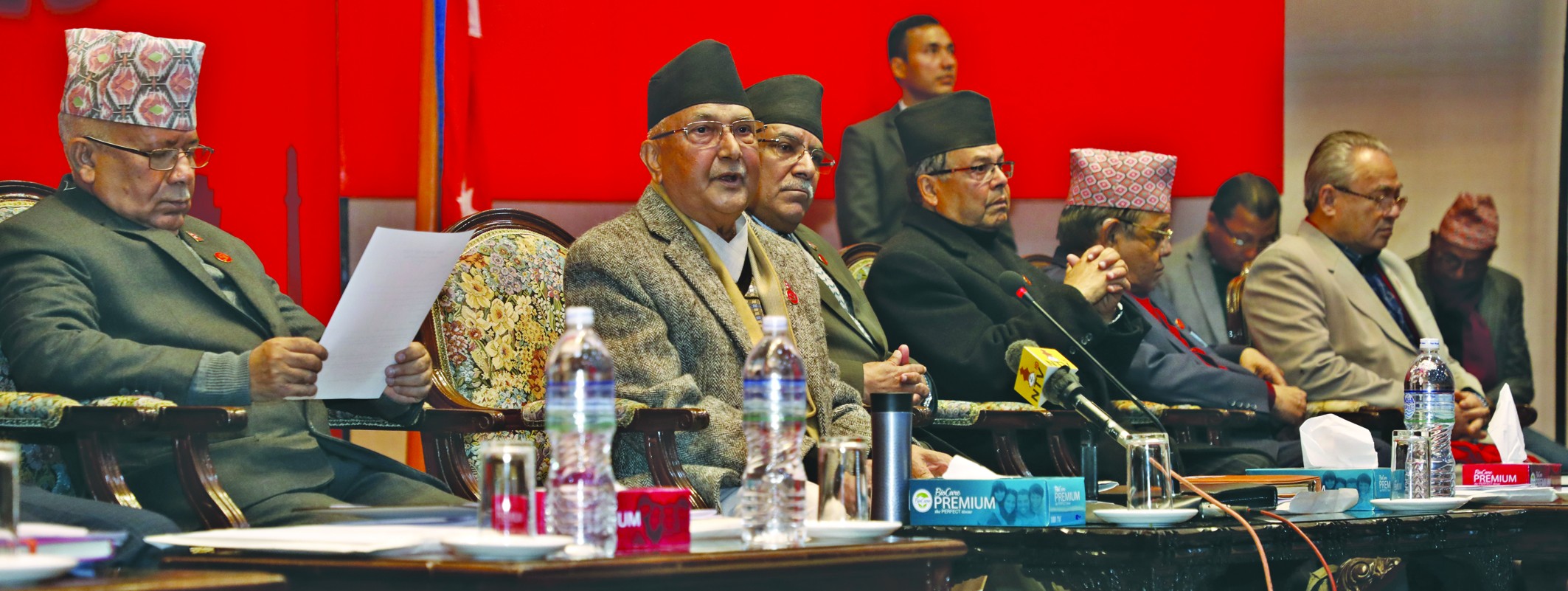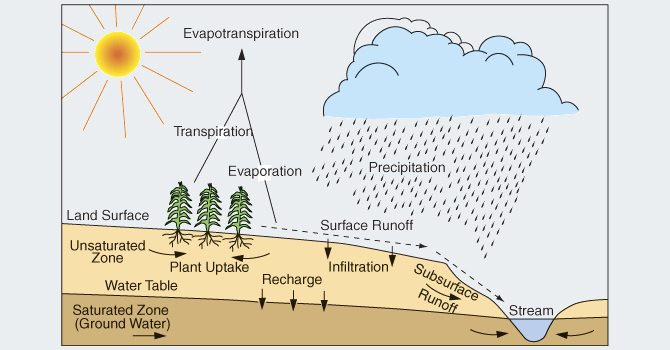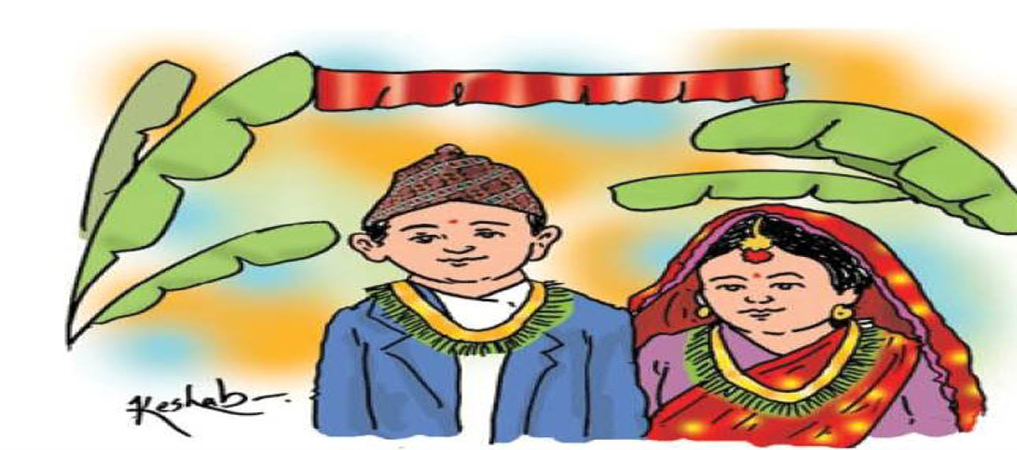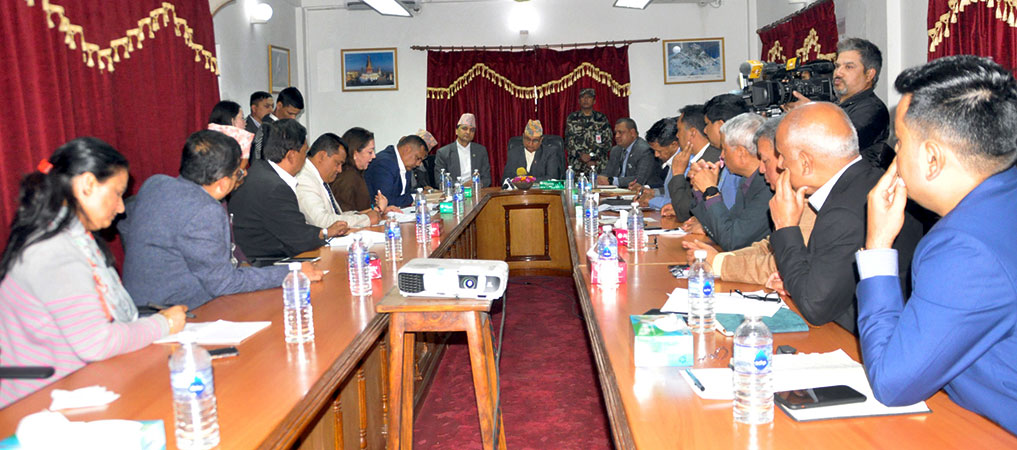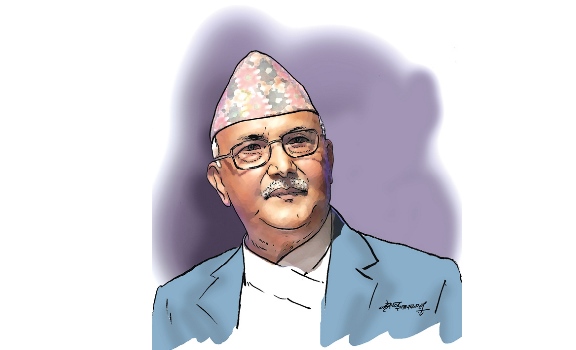Skipping routine checkups may increase heart ailments later

By Arpana Adhikari
Kathmandu, Sept. 29: The COVID-19 pandemic has made people highly reluctant to visit the doctors for routine appointments due to the fear of catching the virus.
Since non-coronavirus patients are found avoiding hospitals and seeking treatment by ignoring danger signs, with potentially mortal consequences, health experts are worried about its long term consequences for management of different chronic diseases.
The more worrisome consequence of the COVID-19 is the drastic falloff of routine follow-up of heart patients in hospitals, said senior cardiologist and heart surgeon Dr. Bhagwan Koirala at a virtual meeting organised by Lions Club of Kathmandu Lord Buddha on Monday.
With missed appointments and untreated high blood pressure, cholesterol, heart complications and diabetes on time, people are likely to suffer severe heart ailments, he said.
Data maintained by the Manmohan Cardiovascular Centre at Tribhuvan University Teaching Hospital (TUTH) shows that the number of patients seeking urgent hospital care has dropped sharply during the COVID-19 outbreak.
Only 50 cardiac surgeries were carried out in the centre between Baisakh to Shrawan this year, compared to 186 surgeries carried out in the same time period last year.
Likewise, the vascular surgery carried out in the centre has also declined this year. Only 208 vascular surgeries were carried during Baisakh-Sharawan quarter this year, compared to 382 surgeries carried out in the same time period last year.
Similarly, total 88 thoracic surgeries were carried out in the same time period this year, compared to 189 thoracic surgeries last year.
Stating that coronavirus has direct or indirect impact on people with underlying heart problems, Dr. Koirala said due to pandemic people in the midst of a life-threatening heart condition are too afraid to go to hospital for life saving treatment.
“This may cause irreversible damage to people’s heart, increasing the risk of heart failure and eventual death.” “In the coming days we are going to see the results of all this missed care,” he said, adding that the delayed care has already started showing its impact that people were now visiting hospital with worse health condition and its often too late to benefit them from life-saving treatment they could provide.
Cardiac death is largely preventable if patients with a heart disease come to hospital in time to get treatment. Heart patients shouldn’t ignore the early signs of heart disease and continue routine appointments, he urged.
Highlighting the need of following heath protocols strictly to avoid COVID-19 transmission, Dr. Koirala said people with underlying heart ailments were at increased risk of a severe coronavirus infection and heart complication were being seen with the disease.
Dr. Koirala said, “The COVID-19 virus can damage the respiratory system and force the heart to work faster and harder to supply oxygen-rich blood to major organs. It can also cause blood clots in heart arteries and attack and weaken the heart muscle.”
“People with heart condition are more likely to get a chest infection with COVID-19, may worsen both cardiac and kidney function and cause multiple effects on the heart,” said cardiologist Dr. Dev Kumar Neupane.
He advised people with heart complication to avoid people who are showing symptoms of COVID-19, strictly practice physical distancing, avoid crowds, hand hygiene and wear mask and avoid going out unless there is an emergency,” said Neupane.
Cardiovascular disease is the number one cause of death in Nepal. On an average, of 100,000 Nepalis, around 158.35 die annually due to coronary heart disease.
According to the World Life Expectancy Index, rheumatic heart disease claimed 1,860 lives in Nepal accounting 1.14 per cent of total deaths. On an average, 8.8 of the 100,000 people die due to rheumatic heart disease.
The World Life Expectancy Index shows that coronary heart diseases claimed 30,559 lives in 2017, accounting for 18.72 per cent of total deaths caused by various diseases and accidents.
Coronary artery disease is the narrowing or blockage of coronary arteries due to buildup of cholesterol and fatty deposits on the inner walls of the arteries, said Dr. Neupane.
Similarly, the study carried out by Nepal Health Research Council shows that coronary artery disease was comparatively higher in women, with 3.2 per cent, than in men with 2.4 per cent.
According to Dr. Koirala, heart diseases constituted approximately 18 per cent of total deaths caused by various diseases and accidents in Nepal.
Dr. Neupane said changing lifestyle of people in Nepal had increased coronary heart patients. It is related to blockage of major veins that join heart, which is the key reason of heart attack.
He also advised that regular exercise and balanced diet and controlling oil, salt and sugar intake could control the heart disease.
Factors like hypertension, diabetes, family history of heart disease, lack of physical activity, smoking, consumption of tobacco and alcohol have been identified as major risk factors for the rise of heart disease in Nepal, said Dr. Neupane.
Recent News

Do not make expressions casting dout on election: EC
14 Apr, 2022
CM Bhatta says may New Year 2079 BS inspire positive thinking
14 Apr, 2022
Three new cases, 44 recoveries in 24 hours
14 Apr, 2022
689 climbers of 84 teams so far acquire permits for climbing various peaks this spring season
14 Apr, 2022
How the rising cost of living crisis is impacting Nepal
14 Apr, 2022
US military confirms an interstellar meteor collided with Earth
14 Apr, 2022
Valneva Covid vaccine approved for use in UK
14 Apr, 2022
Chair Prachanda highlights need of unity among Maoist, Communist forces
14 Apr, 2022
Ranbir Kapoor and Alia Bhatt: Bollywood toasts star couple on wedding
14 Apr, 2022
President Bhandari confers decorations (Photo Feature)
14 Apr, 2022


